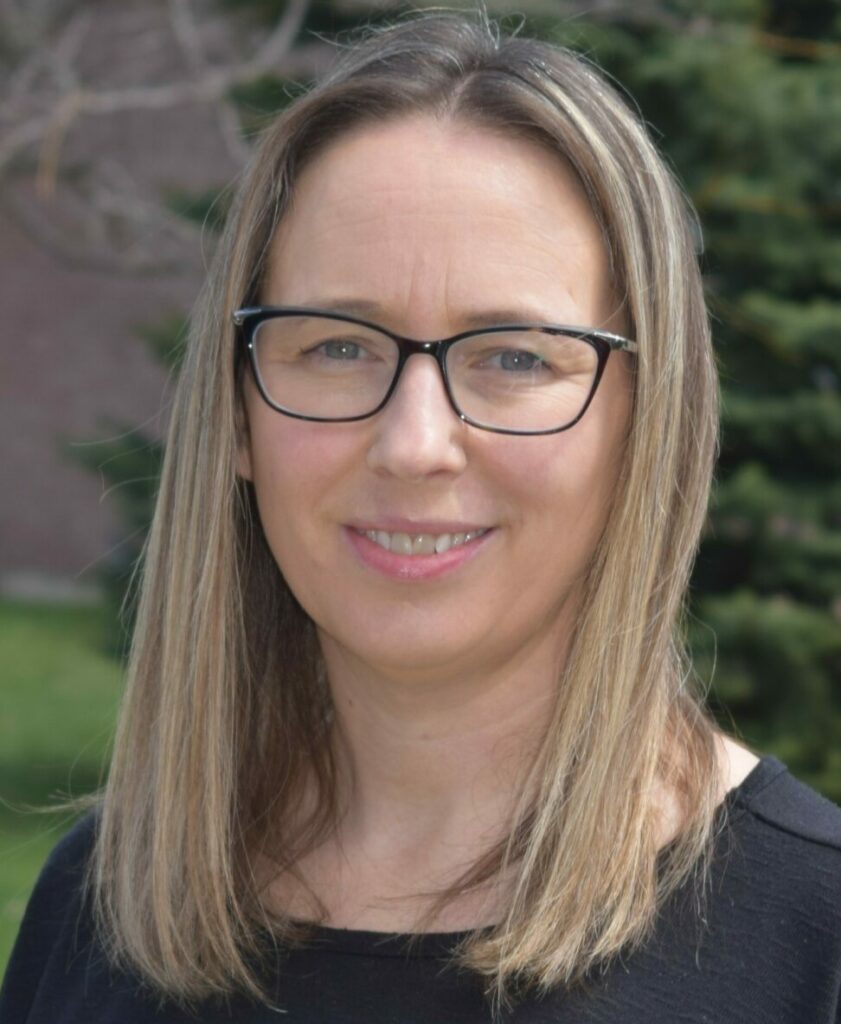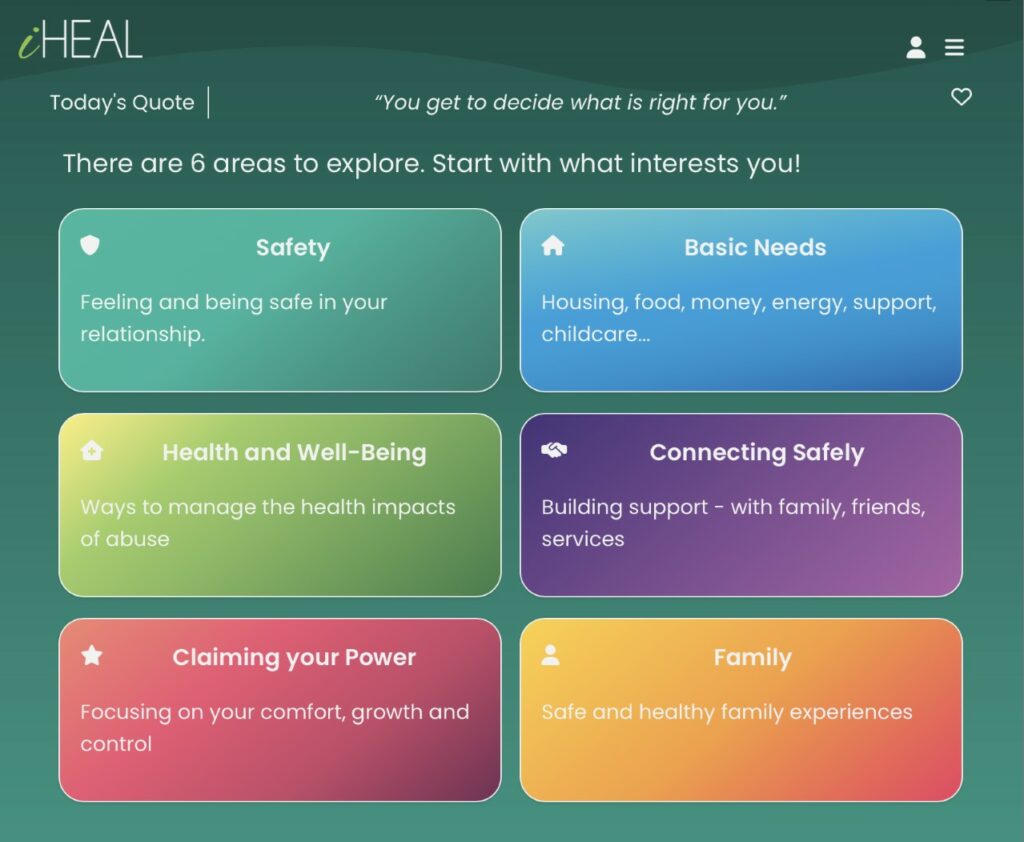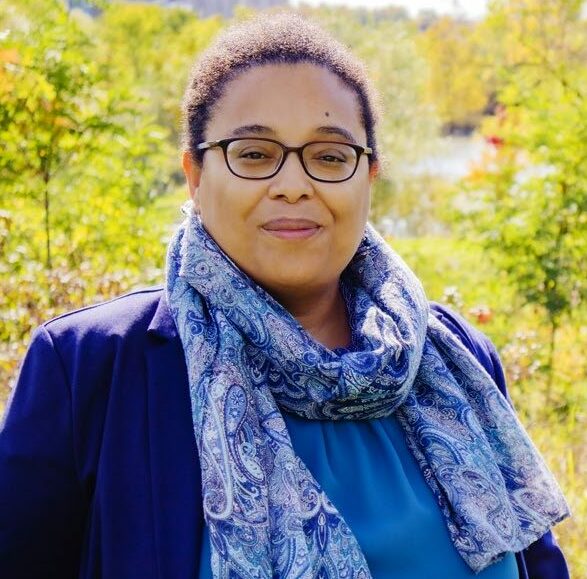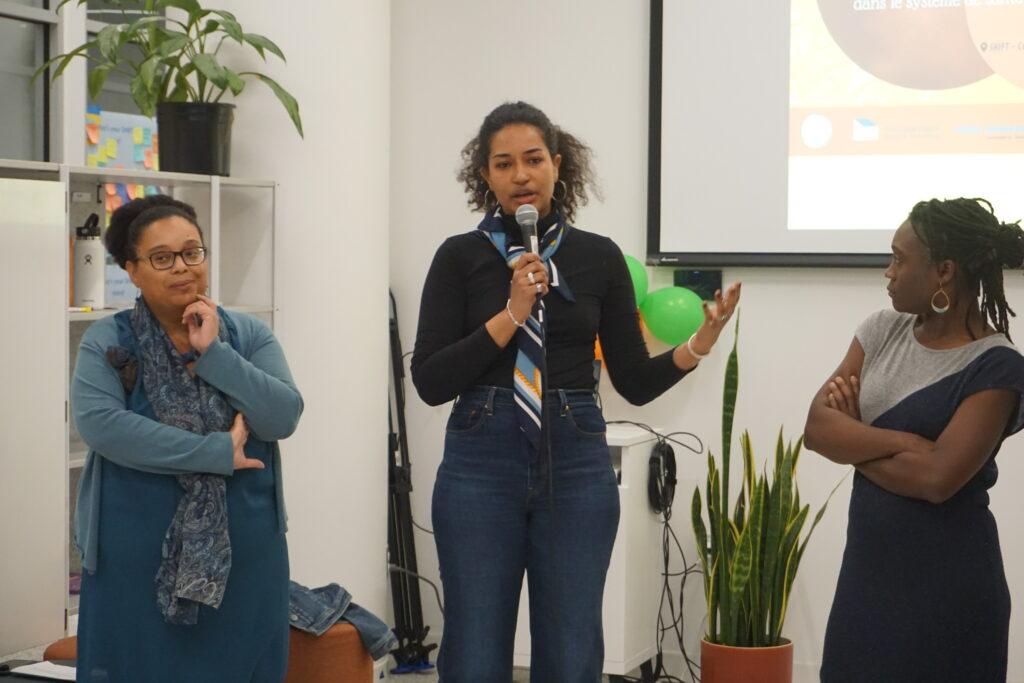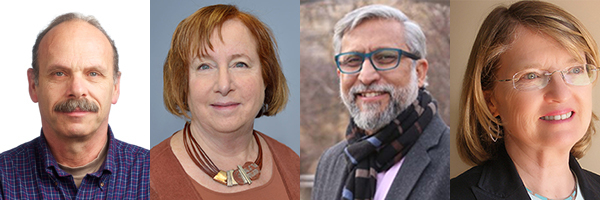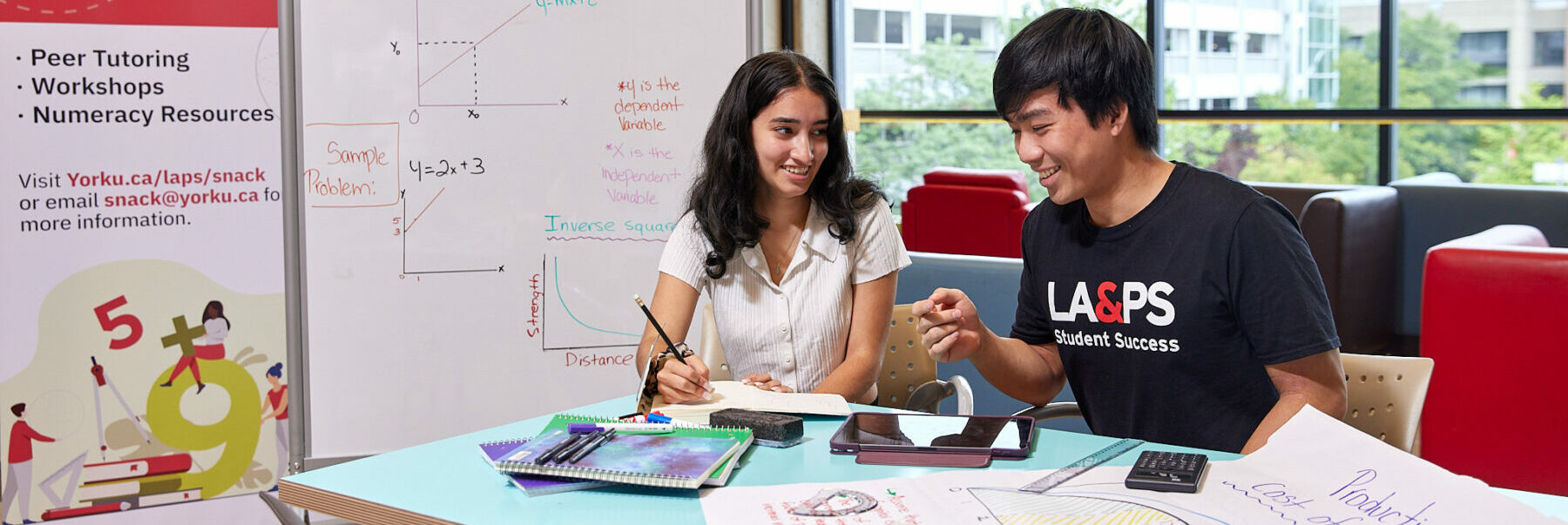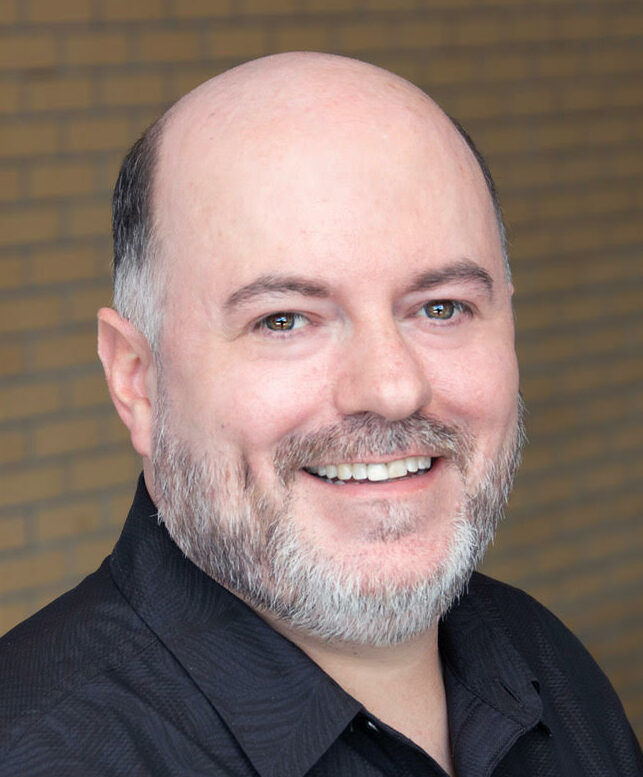Two faculty members from York University, and two alum, are among the top most productive clinical psychology professors in Canada, according to a new paper published in the journal Canadian Psychology, the national publication of the Canadian Psychological Association (CPA).

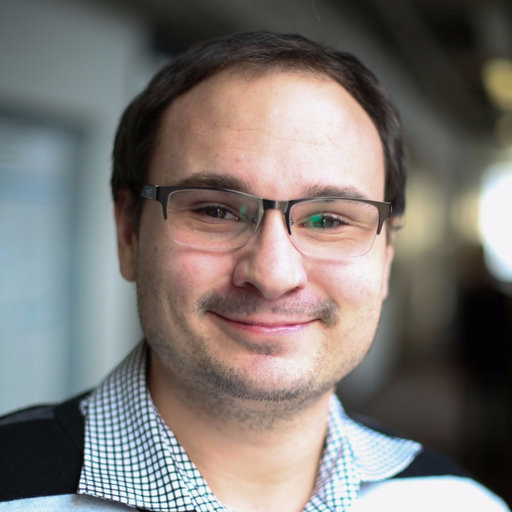
In a paper authored by researchers from the University of Regina, the University of Ottawa and Queen’s University, Matthew Keough and Joel Katz are among the top 15 per cent of men professors from CPA-accredited clinical psychology programs.
Keough, an assistant professor in the Faculty of Health’s Department of Psychology, is one of the top four to be recognized in the early career category (10 years or fewer), while Katz, a Distinguished Research Professor of Psychology and Canada Research Chair in Health Psychology, is one of the top eight named in the late career category (21 years or more).
Joining the York professors are York alum Simon Sherry (BA ’00), in the mid career category, and Andrew (Hyounsoo) Kim (BA ’08) in the early career category.
The paper, “Assessing the Publication Productivity of Clinical Psychology Professors in Canadian Psychological Association-Accredited Canadian Psychology Departments: A 10-Year Replication Study,” offers an overview from the past decade of professors’ average and annual publication counts, citation counts and h-indices.
The paper concludes: “The field of clinical psychology has flourished over the last decade, with regard to research and clinical training. Publication counts, citation counts, and h-indices have at least doubled in the last 10 years across all professorial ranks for men and women. The present study results suggest gendered differences are diminishing.”
Katz leads the Human Pain Mechanisms Lab at York University. His research focuses on risk and protective factors for chronic pain in children and adults. He is the recipient of several awards, including: Senior Investigator Award, CPA Health Psychology Section (2021); CPA Traumatic Stress Section Award for Excellence (2020); Fellow, American Psychological Association, Division 53 (2019); CPA Donald O. Hebb Award for Distinguished Contributions (2016); and more.
“I’m honoured to have been included as one of the most cited active Canadian clinical psychologists,” said Katz. “It’s amazing to see how productive our field has been over the past 10 years and to know that my York U colleague Matt Keough made the list in the early career category. I can’t wait to see what the next 10 years will bring.”
Keough’s research focuses on improving understanding of the etiology and treatment of addictive behaviour, including both substance use and behavioural addiction. He is the recipient of several awards, including: Certificate of Recognition from Student Accessibility Services at York University (2023); Top-Cited Paper Recognition in Alcohol: Clinical and Experimental Research (2022); New Investigator Award from Research Manitoba (2017); and more.
“I feel so honoured to be part of such an amazing list of psychological scholars,” said Keough. “This recognition reminds me how much the field has grown, and how much we do, as a discipline, to better understand and treat mental health disorders. I owe a great deal of thanks to my colleagues at York University for their unwavering support and collaboration. And, special kudos to my colleague and friend Joel Katz, who was recognized in the established career category.”






